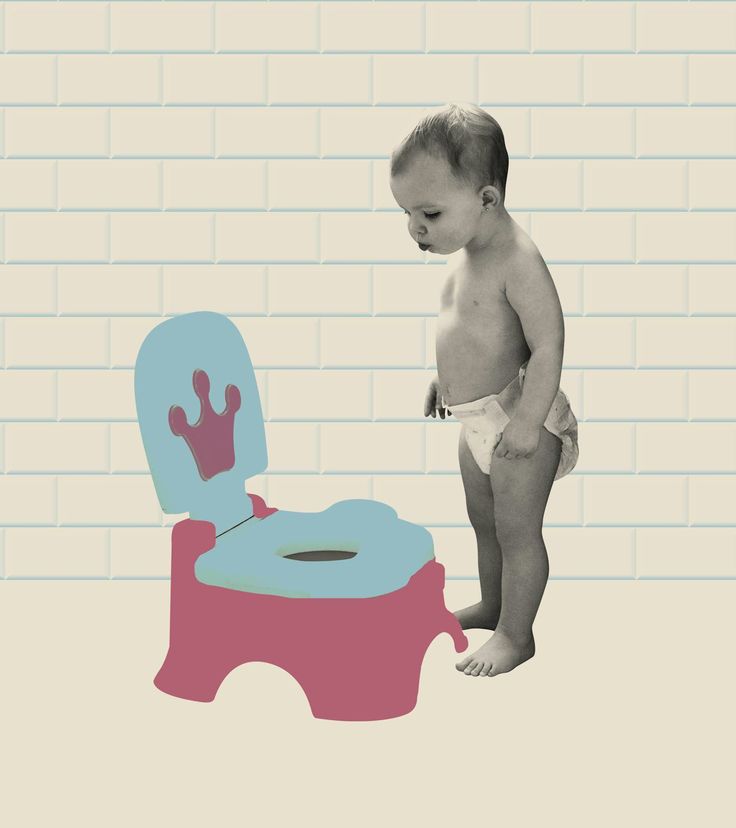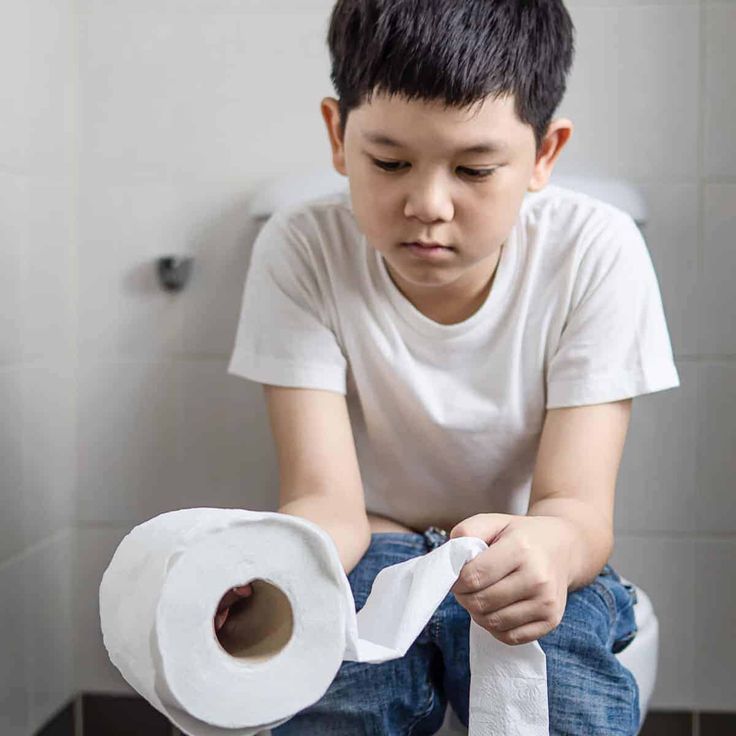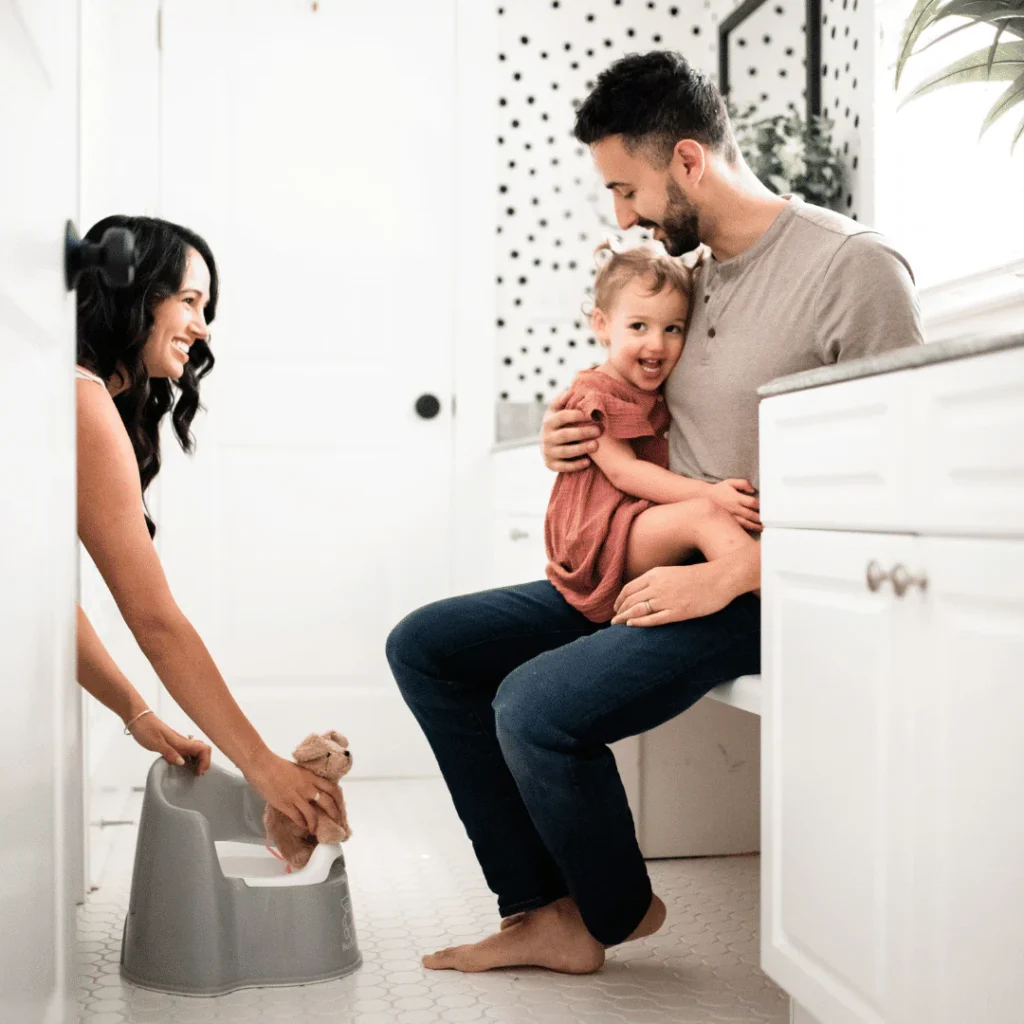Potty Training Tips for Children with ADHD: Strategies, Challenges & Solutions
Potty Training Children with ADHD can be a challenging milestone for many kids, but for those with ADHD, it can feel like an even greater hurdle. Attention Deficit Hyperactivity Disorder (ADHD) affects children in various ways, including their ability to focus, follow instructions, and regulate their behavior. These challenges can make the potty training process more complex. In this article, we’ll explore how ADHD affects potty training and provide practical tips and strategies for parents and caregivers to help their children succeed.
What Is ADHD and How Does It Affect Potty Training?
ADHD is a neurodevelopmental disorder that affects approximately 5-7% of children worldwide. Children with ADHD often struggle with paying attention, sitting still, and controlling impulses. These issues can significantly impact potty training.
Attention Issues
Impulsivity
Hyperactivity
Together, these factors can make potty training a lengthy and frustrating process for both parents and children.

Challenges in Potty Training Children with ADHD

Potty Training Delays
Incontinence and Accidents
Difficulty Establishing Routines
Effective Potty Training Strategies for Children with ADHD
While potty training a child with ADHD may take longer, it is certainly achievable with the right approach. Here are some proven strategies to help make the process smoother.
1. Create a Consistent Routine
2. Use Visual Aids and Schedules
Visual aids, such as charts or picture schedules, can be an excellent tool for children with ADHD. These aids serve as reminders of the steps involved in potty training and can guide children through the process. For example, you can create a visual checklist that includes steps like “pull down pants,” “sit on the potty,” and “flush the toilet.”
3. Positive Reinforcement and Rewards
Children with ADHD respond well to positive reinforcement. Celebrate small successes with praise, stickers, or other rewards. This can motivate your child to continue working towards independence in potty training.
4. Be Patient and Flexible
Patience is key when potty training a child with ADHD. It’s important to remain calm, even when accidents happen. Understand that it may take longer for your child to master the skill, and be willing to adjust your approach as necessary.
Parent’s Guide
Supporting Children with ADHD in Potty Training
1. Be Understanding and Nonjudgmental
2. Encourage Independence
3. Seek Professional Help if Needed

Conclusion
Potty Training Success for Children with ADHD
Potty training a child with ADHD can be a challenging but ultimately rewarding experience. By understanding the unique difficulties that children with ADHD face and using tailored strategies, parents can help their children overcome these obstacles. With patience, consistency, and positive reinforcement, your child can achieve success in potty training and gain greater independence.

Russell F. Jones, holding a Master in psychology from the University of Florida. He writes for Smart Parent Solutions, offering practical advice on parenting and child development. His engaging content helps parents navigate family life with confidence and ease. Russell enjoys sharing his knowledge and spending quality time with his family.